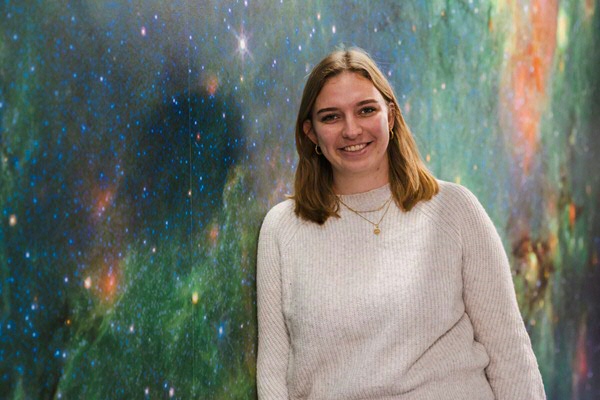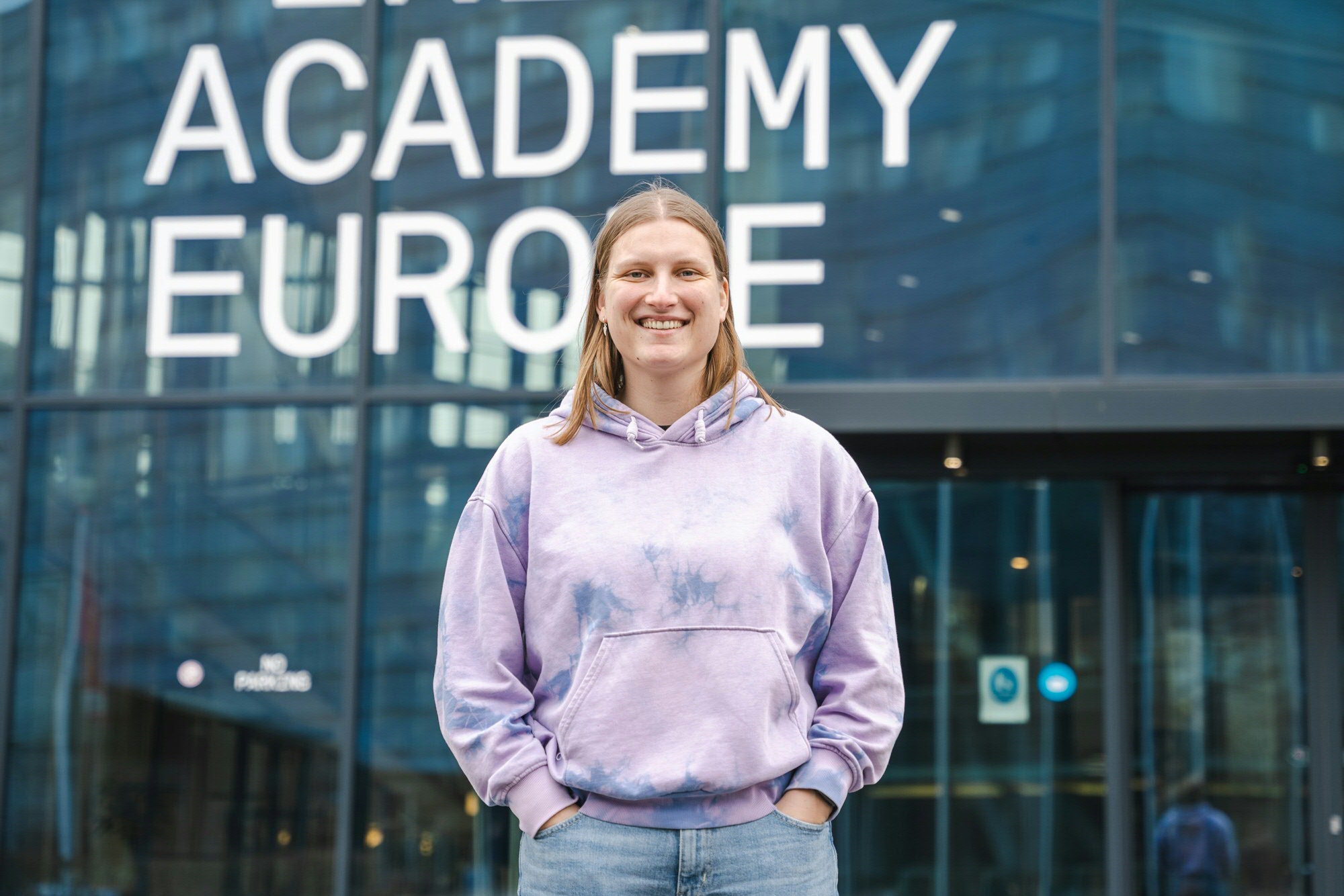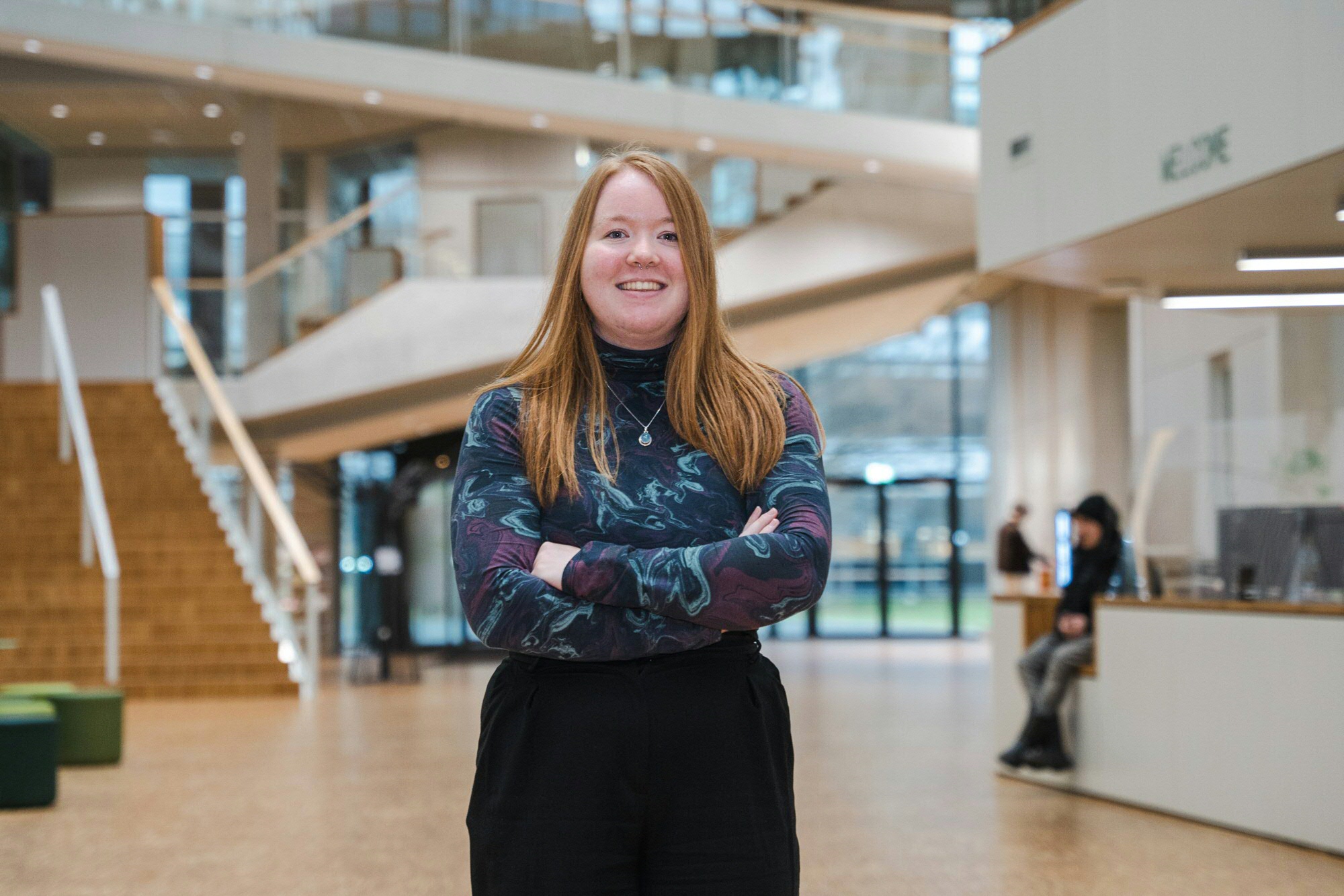Students are trained by astronomers from the world-renowned Kapteyn Astronomical Institute, a centre leading in astronomical research on the structure and dynamics of our Milky Way, on the structure and dynamics of galaxies, galaxy formation and evolution, cosmology and large scale structure of the Universe and star and planet formation, and in the design and development of new astronomical instrumentation.
Astronomy research has been carried out at Groningen University since 1883, and Groningen astronomers belong to the top of the world. They have been heavily involved in the construction and use of the Westerbork radio telescope (WSRT). Currently, they play a key role in the development and use of the LOFAR network of radio telescopes and the future Square Kilometer Array, while leading the development of instruments for the upcoming Extremely Large Telescope (ELT) in Chile. They also have key roles in space projects, such as leading the developments of the HIFI detector in the Herschel satellite, the data processing center of the upcoming Euclid cosmology satellite, while having a leading role in the Gaia satellite mapping of our Milky Way.
The two-year curriculum of the Master's degree can be tailored according to your own interests and capabilities. The wide range of options include the possibility to focus on observational astronomy, theoretical astronomy, astronomical instrumentation and informatics, as well as data science.
Dutch Astronomy graduates in general, and Kapteyn graduates in particular, have excellent career prospects, within and outside of science. The Master's programme has been frequently voted as a top-degree Astronomy programme in the Netherlands. We have outstanding facilities, and the quality of the lecturers, the research component as well as the preparation for the professional field through e.g. internships are also very good.
To enable students to gain additional experience in business and policy as well as to follow a company internship, the special Master's track 'Science, Business and Policy' has been designed.







